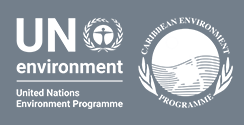The United Nations has proclaimed May 22 The International Day for Biological Diversity (IDB) to increase understanding and awareness of biodiversity issues, but also to ensure that we will be able to feed the world, maintain agricultural livelihoods, and enhance human well being into the 21st century and beyond. 2017 Theme is Biodiversity and Sustainable Tourism https://www.cbd.int/idb/ #BiodiversityDay
Find out more »
The day was created as an annual observance to help people celebrate and protect turtles and tortoises and their disappearing habitats around the world. http://www.worldturtleday.org/
Find out more »
THE FOOD and Agriculture Organisation (FAO) of the United Nations declares June 29 each year as International Fishermen's Day. Many other Caribbean countries and territories observe it and give due recognition to their fishers. In some Caribbean countries, the week surrounding the day is observed as Fisherman's Week, and exhibitions and displays, sports and games take place which 'big up' the fishing community.
Find out more »
The ocean is the heart of our planet. Like your heart pumping blood to every part of your body, the ocean connects people across the Earth, no matter where we live. The ocean regulates the climate, feeds millions of people every year, produces oxygen, is the home to an incredible array of wildlife, provides us with important medicines, and so much more! In order to ensure the health and safety of our communities and future generations, it’s imperative that we…
Find out more »
World Environment Day aims to inspire more people than ever before to take action to prevent the growing strain on planet Earth’s natural systems from reaching the breaking point. This year’s slogan "Go Wild for Life" encourages you to spread the word about wildlife crime and the damage it does, and to challenge all those around you to do what they can to prevent it. #WorldEnvironmentDay http://www.un.org/en/events/environmentday/
Find out more »
In 1989, the Governing Council of the United Nations Development Programme recommended that 11 July be observed by the international community as World Population Day, a day to focus attention on the urgency and importance of population issues World Population Day aims at increase people's awareness on various population issues such as the importance of family planning, gender equality, poverty, maternal health and human rights.
Find out more »
In 1985, the UN celebrated the first International Year of Youth. On its 10th anniversary, the General Assembly adopted the World Programme of Action for Youth, setting a policy framework and guidelines for national action and international support to improve the situation of young people. http://www.un.org/en/events/youthday/
Find out more »
There are an estimated 370 million indigenous people in the world, living across 90 countries. They make up less than 5 per cent of the world's population, but account for 15 per cent of the poorest. They speak an overwhelming majority of the world's estimated 7,000 languages and represent 5,000 different cultures. http://www.un.org/en/events/indigenousday/events.shtml
Find out more »
Mangroves are rare, spectacular and prolific ecosystems on the boundary between land and sea. They ensure food security for local communities. They provide biomass, forest products and sustain fisheries. They contribute to the protection of coastlines. They help mitigate the effects of climate change and extreme weather events. This is why the protection of mangrove ecosystems is essential today. Their survival faces serious challenges —from the alarming rise of the sea level and biodiversity that is increasingly endangered. The earth…
Find out more »
Ocean trash is a serious pollution problem that affects the health of people, wildlife and local economies. Join the world?s largest volunteer effort for our ocean and waterways by participating in the International Coastal Cleanup. http://www.oceanconservancy.org/our-work/international-coastal-cleanup/sign-up-to-clean-up.html
Find out more »
























